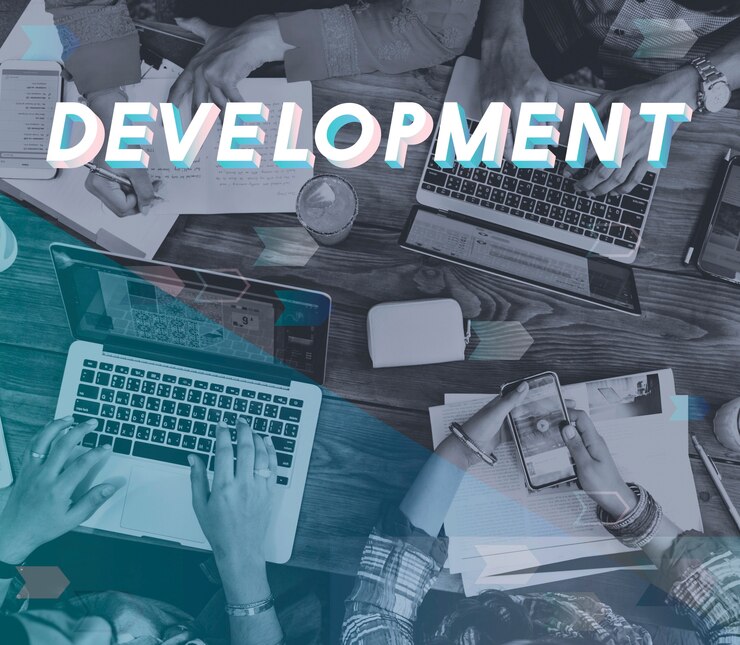Game Development Agency

Game Development in UK
December 5, 2023
Game Development Unity
December 5, 2023If you are interested in hiring a game development agency, there are several reputable agencies around the world that offer professional services for creating games. Here are some aspects to consider when looking for a game development agency:
Thank you for reading this post, don't forget to subscribe!- Portfolio:
- Review the agency’s portfolio to see examples of their previous work. This will give you an idea of their expertise and the types of games they have developed.
- Expertise:
- Ensure that the agency has expertise in the specific type of game development you are looking for, whether it’s mobile games, console games, VR/AR experiences, or other platforms.
- Technology Stack:
- Check the technologies and game engines the agency is proficient in. Popular engines include Unity, Unreal Engine, Godot, and others.
- Team Composition:
- Look at the team composition, including game designers, developers, artists, animators, and QA testers. A well-rounded team is crucial for successful game development.
- Client Reviews and Testimonials:
- Look for client reviews and testimonials. This can provide insights into the agency’s communication, professionalism, and the overall satisfaction of their clients.
- Communication and Collaboration:
- Ensure that the agency is communicative and open to collaboration. Effective communication is key to a successful development process.
- Project Management:
- Inquire about the agency’s project management process. A well-organized project management approach helps in delivering projects on time and within budget.
- Cost and Budgeting:
- Discuss the costs involved and the agency’s approach to budgeting. Make sure there is transparency in pricing and that it aligns with your budget constraints.
- Scalability:
- Assess the agency’s scalability. This is important if you plan to expand the project or if additional resources are needed during development.
- Post-Launch Support:
- Inquire about the agency’s post-launch support and maintenance services. A good agency should offer support for bug fixes, updates, and improvements after the game is launched.
- Legal and Intellectual Property (IP) Considerations:
- Clarify the legal aspects, including ownership of intellectual property rights. Make sure to have a clear agreement on these matters before starting the project.
- Timeline:
- Discuss the expected timeline for your project. Understand the development milestones and ensure that the agency can meet your deadlines.
- Innovation and Creativity:
- Evaluate the agency’s ability to bring innovative and creative ideas to your project. This is particularly important for creating unique and engaging games.
- Industry Reputation:
- Check the agency’s reputation within the game development industry. Positive industry recognition and awards can be indicators of a reputable agency.
- Flexibility:
- Assess the agency’s flexibility in adapting to changes in the project scope or requirements. A flexible team can better accommodate unexpected challenges.
By considering these factors, you can find a game development agency that aligns with your project goals and expectations. It’s recommended to have detailed discussions and possibly even a small pilot project before committing to a larger collaboration.


